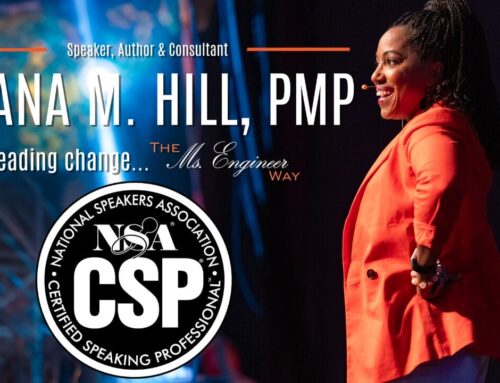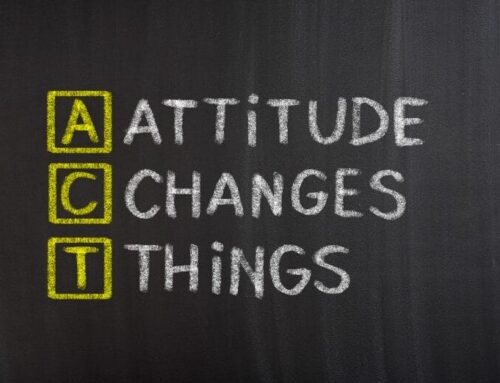By now we are familiar with the ‘Great Resignation’ as thousands of people embark on a COVID-induced career rethink.
Gallup reported late last year that nearly half of U.S. workers are watching or hunting for job opportunities, while 35% of all U.S. workers have changed careers in the past three years.
The flipside to all this movement
This Guardian article posits that the Great Resignation may be followed by the Great Regret and points out that many of the moves are more like ‘job swaps’ than actual career advancement. Job search site Muse has coined the term ‘shift shock’ after its latest study found that nearly half of workers said they would try to get their old jobs back. About one in five of those people who resigned during the pandemic say they regretted it, according to a recent Harris Poll survey for USA Today.
It’s understandable that in a time of great upheaval, change, uncertainty and grief that we should look at our current situation and find it wanting. However, making a knee-jerk move is a band-aid not a cure, especially when there are few organizations in a position to provide the values-aligned, flexible and fair workplaces so many of us are seeking.
Find the sweet spot between analysis paralysis and reactive decisions
Equally, I’m not suggesting we sit back and do nothing. The world has experienced seismic change and it would be naïve to think that things will go back to the way they were (nor would we want them to).
It’s just that the circumstances right now conspire to provide you with two options – jump ship and grab the first opportunity that floats by or, in a market flooded with job offers, you may find yourself paralyzed with choice and unable to make a decision.
In keeping with these watery metaphors, I also urge you against simply ‘going with the flow’. This is a rare window of opportunity to take control of your trajectory and make measured moves.
We’re re-thinking a lot of things right now; contemplating work and personal life changes. This is a time to reflect on what really matters and what success looks like for you (it’s different for everyone). If you’re committed to an idea of success based only around accomplishments, you may never get there – instead, align it with your values and ask yourself ‘what really matters?’.
Sustainable success requires planning
Measured moves are moves that get you closer to where you’re going. They take into consideration the bigger picture, like a chess player thinking two moves ahead. Think about what skill sets you want to get with your next move, or a new responsibility that you want to step up for. Check in with your networks and invest in yourself by getting professional guidance.
I’m a planner. If I’m contemplating change my project management tendencies cannot help but kick-in. My process is to Pause, Pray, Pivot and it has served me well throughout my career, both as an employee and an entrepreneur. It’s my spiritual Decide, Devise, Do, Review.
All projects (yes, this is a project – project you!) carry a degree of risk. Part of the planning process is getting clear on what your tolerance for risk is. It might be the difference between striking out in a new job or pushing for that promotion in your current company. There is also a risk associated with doing nothing – factor that into your decision-making.
In finance terms, a measured move follows a downward trend and projects the ‘magnitude of the forward swing’. I love that idea; during the pandemic the pendulum certainly swung and how far up it goes in the future depends on what you do next.






